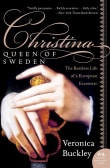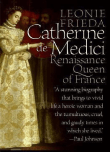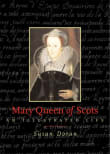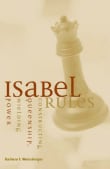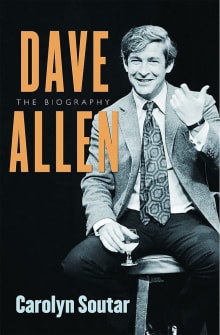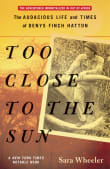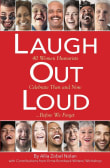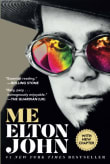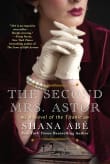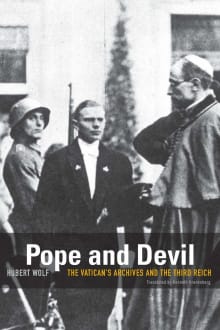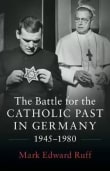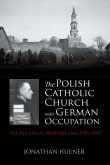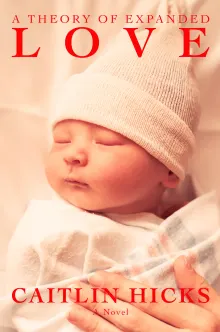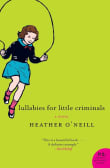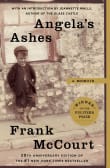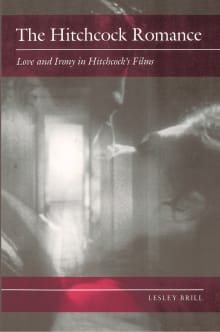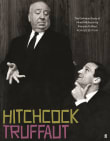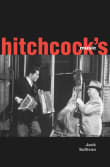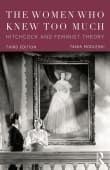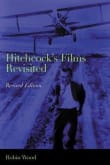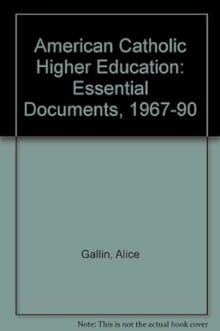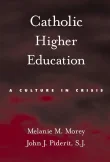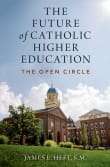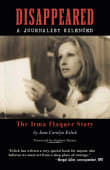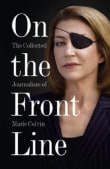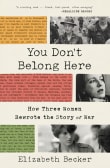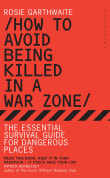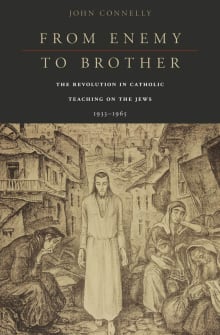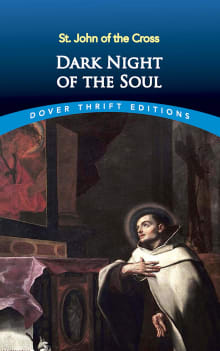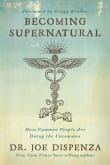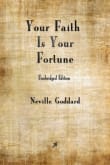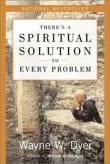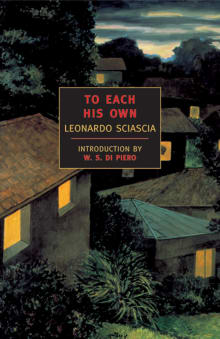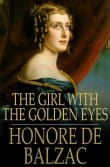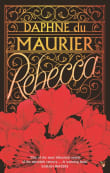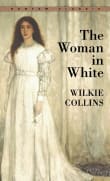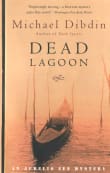Why are we passionate about this?
Mihoko and Anne first met at the University of Miami, where Mihoko was a specialist in early modern England and Anne, in early modern Spain. Sharing their interests in gender studies, literature, and history, and combining their expertise, they team-taught a popular course on early modern women writers. Anne’s publications range from studies of women in Cervantes’ Don Quixote, female rogues, and religious women to early modern Habsburg queens. Mihoko has published on the figure of Helen of Troy in classical and Renaissance epic; and women and politics in early modern Europe, especially in the context of the many civil wars that upended the political and social order of the period.
Anne's book list on women who ruled in early modern Europe

Why did Anne love this book?
Christina of Sweden, known today primarily through Greta Garbo’s portrayal of her in the 1933 film, became queen at age six when her father was killed in battle; she received the education of a prince, including the study of statecraft, for which she read the Latin biography of Elizabeth I. Initially deemed a boy at birth, Christina’s habit of crossdressing, her refusal to marry, and her romantic attachments to both women and men bespeak her ambiguous sexuality. Veronica Buckley’s biography does justice to this idiosyncratic and controversial figure who abdicated her throne, converted to Catholicism, and moved to Rome. Although she took Alexander the Great as her model and sought to rule Naples and Poland-Lithuania after her abdication, she revealingly recorded in her memoirs her thoughts concerning the predicament she faced as a female sovereign: “Women should never be rulers... Women who rule make themselves ridiculous one way or the…
1 author picked Christina, Queen of Sweden as one of their favorite books, and they share why you should read it.
The groundbreaking biography of one of the most progressive, influential and entertaining women of the seventeenth century, Christina Alexandra, Queen of Sweden.
In 1654, to the astonishment and dismay of her court, Christina Alexandra announced her abdication in favour of her cousin, Charles. Instrumental in bringing the Thirty Years War to a close at the age of 22, Christina had become one of the most powerful monarchs in Europe. She had also become notorious for her extravagant lifestyle.
Leaving the narrow confines of her homeland behind her, Christina cut a remarkable path across Europe. She acted as mediator in the…






